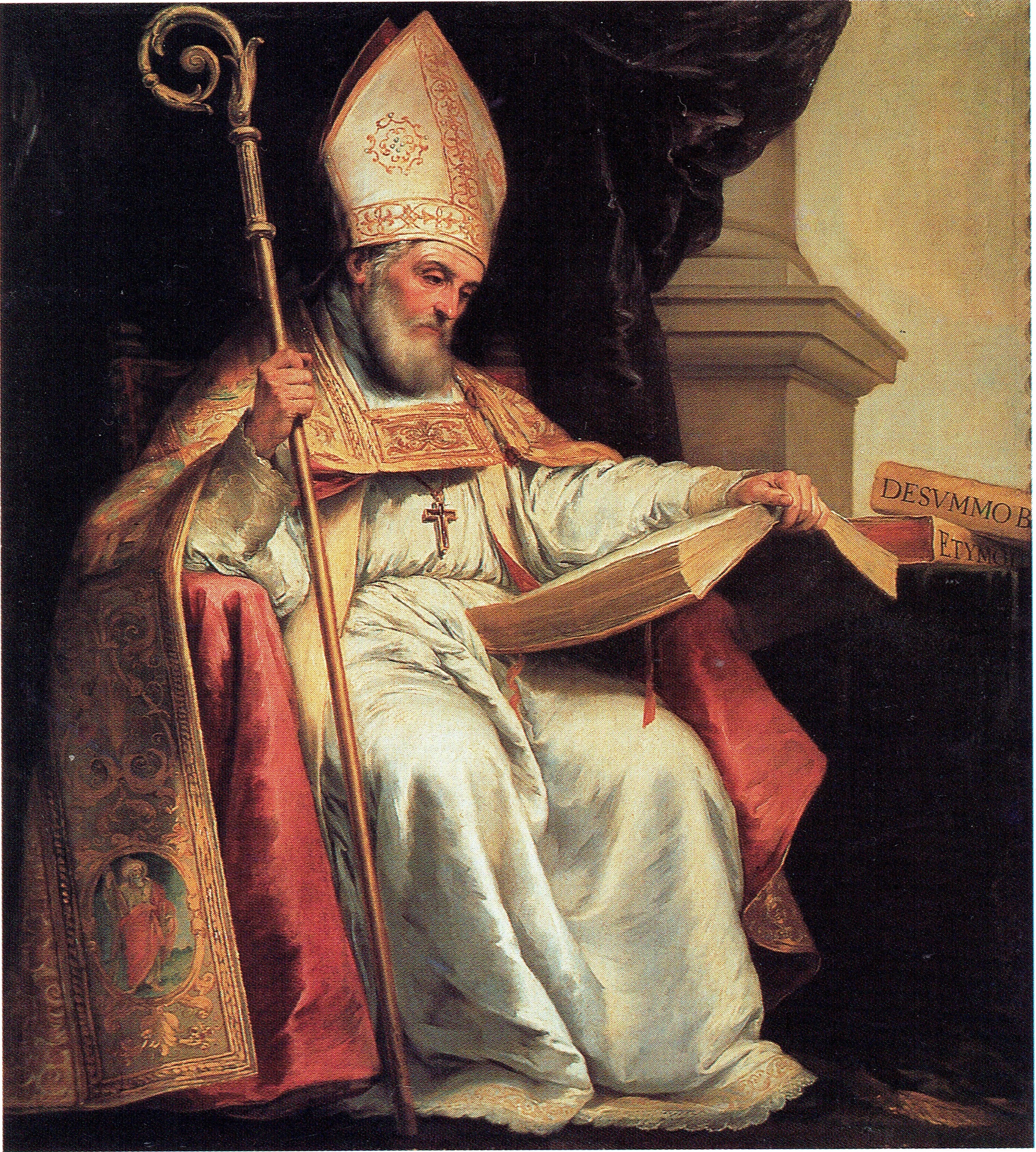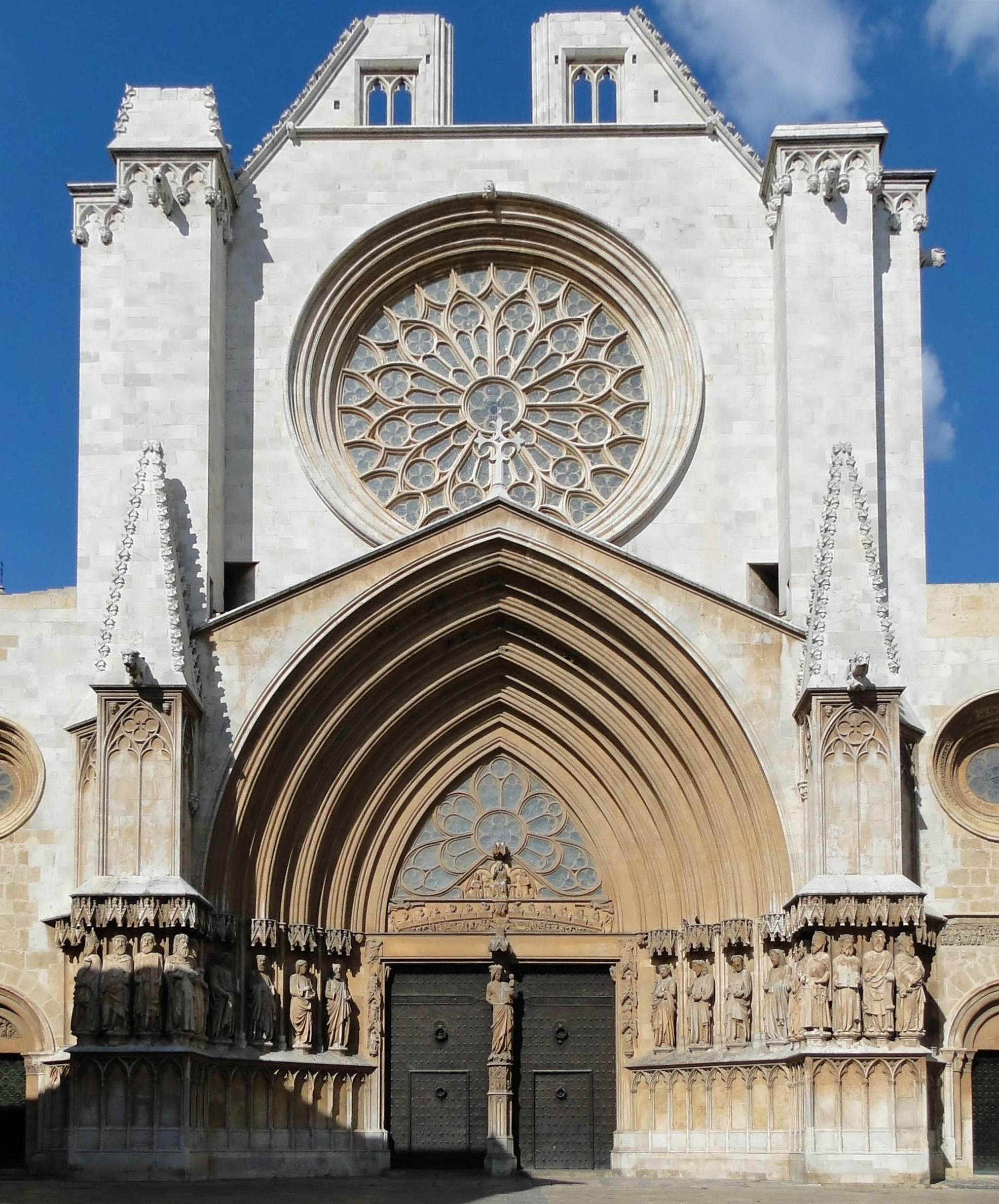|
José Martínez Berasáin
Victoriano José Martínez Berasáin (1886–1960) was a Spanish Carlist politician, noted particularly in his native Navarre. He is best known for his role during anti-Second Spanish Republic, Republican conspiracy of early 1936 and during the first months of the Spanish Civil War, Civil War, when he headed the regional wartime Carlist executive. In 1937–1938 he was the provincial leader of Falange Española Tradicionalista y de las JONS, Falange Española Tradicionalista; in 1939 he served as vice-president of :es:Diputación Foral de Navarra, Diputación Foral de Navarra. During two successive terms of 1955–1960 he was holding a seat in the Cortes Españolas, Cortes. He is also acknowledged as an amateur photographer. Family and youth There is close to nothing known about Martínez’ distant ancestors, except that the family has been for centuries related to Navarre. His paternal grandfather Felipe Martínez volunteered to legitimist troops during the First Carlist War a ... [...More Info...] [...Related Items...] OR: [Wikipedia] [Google] [Baidu] |
Pamplona
Pamplona (; ), historically also known as Pampeluna in English, is the capital city of the Navarre, Chartered Community of Navarre, in Spain. Lying at near above sea level, the city (and the wider Cuenca de Pamplona) is located on the flood plain of the Arga river, a second-order tributary of the Ebro. Precipitation-wise, it is located in a transitional location between the rainy Atlantic northern façade of the Iberian Peninsula and its drier inland. Early population in the settlement traces back to the late Bronze to early Iron Age, even if the traditional inception date refers to the foundation of by Pompey during the Sertorian Wars circa 75 BC. During Visigothic Kingdom, Visigothic rule Pamplona became an episcopal see, serving as a staging ground for the Christianization of the area. It later became one of the capitals of the Kingdom of Navarre, Kingdom of Pamplona/Navarre. The city is famous worldwide for the Running of the Bulls, running of the bulls during the festival ... [...More Info...] [...Related Items...] OR: [Wikipedia] [Google] [Baidu] |
Francoism
Francoist Spain (), also known as the Francoist dictatorship (), or Nationalist Spain () was the period of Spanish history between 1936 and 1975, when Francisco Franco ruled Spain after the Spanish Civil War with the title . After his death in 1975, Spain transitioned into a democracy. During Franco's rule, Spain was officially known as the Spanish State (). The informal term "Fascist Spain" is also used, especially before and during World War II. During its existence, the nature of the regime evolved and changed. Months after the start of the Civil War in July 1936, Franco emerged as the dominant rebel military leader and he was proclaimed head of state on 1 October 1936, ruling a dictatorship over the territory which was controlled by the Nationalist faction. The 1937 Unification Decree, which merged all of the parties which supported the rebel side, led to Nationalist Spain becoming a single-party regime under the FET y de las JONS. The end of the Civil War in 1939 brou ... [...More Info...] [...Related Items...] OR: [Wikipedia] [Google] [Baidu] |
Patriotic Union (Spain)
The Patriotic Union (, UP) was the political party created by Spanish dictator Miguel Primo de Rivera, conceived as a support to his regime and integrating political Catholicism, technocrats, and the business-owning classes. The party's power was dependent upon the power of its founder and leader, not any popular mandate. Following the dismissal of Miguel Primo de Rivera in January 1930 by King Alfonso XIII, the party was succeeded by the National Monarchist Union. Membership There is no reliable information on membership figures. The party review ''Unión Patriótica'' claimed in 1927 that there were 1,319,428 people on the rolls; in 1928 the same source reported the figure as 1,696,304. Most historians consider these figures fairly meaningless and note that they probably reflect bureaucratic ingenuity rather than the scale of genuine recruitment. However, some scholars settle for official figures, e.g. in the province of Almería the UP membership is estimated at 30,000 and ... [...More Info...] [...Related Items...] OR: [Wikipedia] [Google] [Baidu] |
Miguel Primo De Rivera
Miguel Primo de Rivera y Orbaneja, 2nd Marquis of Estella, Grandee, GE (8 January 1870 – 16 March 1930), was a Spanish dictator and military officer who ruled as prime minister of Spain from 1923 to 1930 during the last years of the Restoration (Spain), Bourbon Restoration. He was born into a landowning family of Andalusian Aristocracy (class), aristocrats. He met his baptism by fire in October 1893 in Cabrerizas Altas during the so-called Margallo War. He moved up the military ladder, promoted to brigadier general (1911), division general (1914), and lieutenant general (1919). He went on to serve as administrator of the Valencia, Madrid, and Barcelona military regions, distinguishing himself as a voice in favour of military withdrawal from Africa. During the crisis of the Restoration regime, specifically upon political turmoil in the wake of setbacks in the Rif War and the ensuing spillover of the enquiries of the Picasso file, Primo de Rivera staged 1923 Spanish coup d' ... [...More Info...] [...Related Items...] OR: [Wikipedia] [Google] [Baidu] |
Mellismo
Mellismo () was a political practice of the Spanish ultra-Right in the early 20th century. Born within Carlism, it was designed and championed by Juan Vázquez de Mella, who became its independent political leader after the 1919 breakup. The strategy consisted of an attempt to build a grand ultra-Right party, which in turn would ensure transition from liberal democracy of Restauración to corporative Traditionalist monarchy. Following secession from Carlism Mellismo assumed formal shape of Partido Católico-Tradicionalista, but it failed as an amalgamating force and decomposed shortly afterwards. Mellismo refers both to the political faction led by Mella and its strategy, and Mella's theoretical conception, which is nonetheless considered an integral component of Carlist ideology. In historiography its followers are usually referred to as Mellistas, though initially the term Mellados seemed to prevail. Occasionally they are also named Tradicionalistas, but the term is extremely ... [...More Info...] [...Related Items...] OR: [Wikipedia] [Google] [Baidu] |
Fueros Of Navarre
The Fuero#Basque and Pyrenean fueros, Fueros of Navarre (, , meaning in English language, English ''General Charter of Navarre'') were the laws of the Kingdom of Navarre up to 1841, tracing its origins to the Early Middle Ages and issued from Basque Custom (law), consuetudinary law prevalent across the (western) Pyrenees. They were a sort of constitution which regulated the social order and defined the position of the king, the nobility, and the judicial procedures, which meant that the royal decisions needed to conform to the provisions set out by the charters. The first such written document goes back to 1238. The next codifications are attested by modifications or amendments (''amejoramientos'') made by the regent of Navarre, Juan Martínez de Medrano#Medrano's amendments of the Fueros of Navarre (1330), Juan Martínez de Medrano, and his son, Álvaro Díaz de Medrano, commissioned in 1330 by King Philip III of Navarre, Philip III of Navarre to make the Fueros. The next modifi ... [...More Info...] [...Related Items...] OR: [Wikipedia] [Google] [Baidu] |
Basque People
The Basques ( or ; ; ; ) are a Southwestern European ethnic group, characterised by the Basque language, a common culture and shared genetic ancestry to the ancient Vascones and Aquitanians. Basques are indigenous to, and primarily inhabit, an area traditionally known as the Basque Country ()—a region that is located around the western end of the Pyrenees on the coast of the Bay of Biscay and straddles parts of north-central Spain and south-western France. Etymology The English word ''Basque'' may be pronounced or and derives from the French ''Basque'' (), itself derived from Gascon ''Basco'' (pronounced ), cognate with Spanish ''Vasco ''(pronounced ). Those, in turn, come from Latin ''Vascō'' (pronounced ; plural '' Vascōnēs''—see history section below). The Latin generally evolved into the bilabials and in Gascon and Spanish, probably under the influence of Basque and the related Aquitanian (the Latin /w/ instead evolved into in French, Ita ... [...More Info...] [...Related Items...] OR: [Wikipedia] [Google] [Baidu] |
Cuba
Cuba, officially the Republic of Cuba, is an island country, comprising the island of Cuba (largest island), Isla de la Juventud, and List of islands of Cuba, 4,195 islands, islets and cays surrounding the main island. It is located where the northern Caribbean Sea, Gulf of Mexico, and Atlantic Ocean meet. Cuba is located east of the Yucatán Peninsula (Mexico), south of both Florida and the Bahamas, west of Hispaniola (Haiti/Dominican Republic), and north of Jamaica and the Cayman Islands. Havana is the largest city and capital. Cuba is the List of countries and dependencies by population, third-most populous country in the Caribbean after Haiti and the Dominican Republic, with about 10 million inhabitants. It is the largest country in the Caribbean by area. The territory that is now Cuba was inhabited as early as the 4th millennium BC, with the Guanahatabey and Taino, Taíno peoples inhabiting the area at the time of Spanish colonization of the Americas, Spanish colonization ... [...More Info...] [...Related Items...] OR: [Wikipedia] [Google] [Baidu] |
Traditionalism (Spain)
Traditionalism () is a Spanish political doctrine formulated in the early 19th century and developed until today. It understands politics as implementing Catholic social teaching and the social kingship of Jesus Christ, with Catholicism as the state religion and Catholic religious criteria regulating public morality and every legal aspect of Spain. In practical terms it advocates a loosely organized monarchy combined with strong royal powers, with some checks and balances provided by organicist representation, and with society structured on a Corporatist, corporative basis. Traditionalism is an ultra-reactionary doctrine; it rejects concepts such as democracy, human rights, constitution, universal suffrage, sovereignty of the people, division of powers, religious liberty, freedom of speech, equality of individuals, and parliamentarism. The doctrine was adopted as the theoretical platform of the Carlism, Carlist socio-political movement, though it appeared also in a non-Carlist inc ... [...More Info...] [...Related Items...] OR: [Wikipedia] [Google] [Baidu] |
Tarragona Requete Indoors Rally
Tarragona (, ; ) is a coastal city and municipality in Catalonia (Spain). It is the capital and largest town of Tarragonès county, the Camp de Tarragona region and the province of Tarragona. Geographically, it is located on the Costa Daurada area on the Mediterranean shore. During the period of the Roman Empire, it was one of the most prominent cities of the Iberian Peninsula, as the capital, successively, of the Roman provinces of Hispania Citerior and Hispania Tarraconensis. The Archaeological Complex of Tàrraco is a UNESCO World Heritage Site. History Punic Etymology Ta-Aragona name in Phoenician means the Aragona, which is the native Iberian term for the Ebro Vallay. Mythical Origins One Catalan legend holds that Tarragona was named for ''Tarraho'', eldest son of Tubal in c. 2407 BC; another (derived from Strabo and Megasthenes) attributes the name to ' Tearcon the Ethiopian', a seventh-century BC pharaoh who campaigned in Spain. The real founding date of Tarragona is ... [...More Info...] [...Related Items...] OR: [Wikipedia] [Google] [Baidu] |





